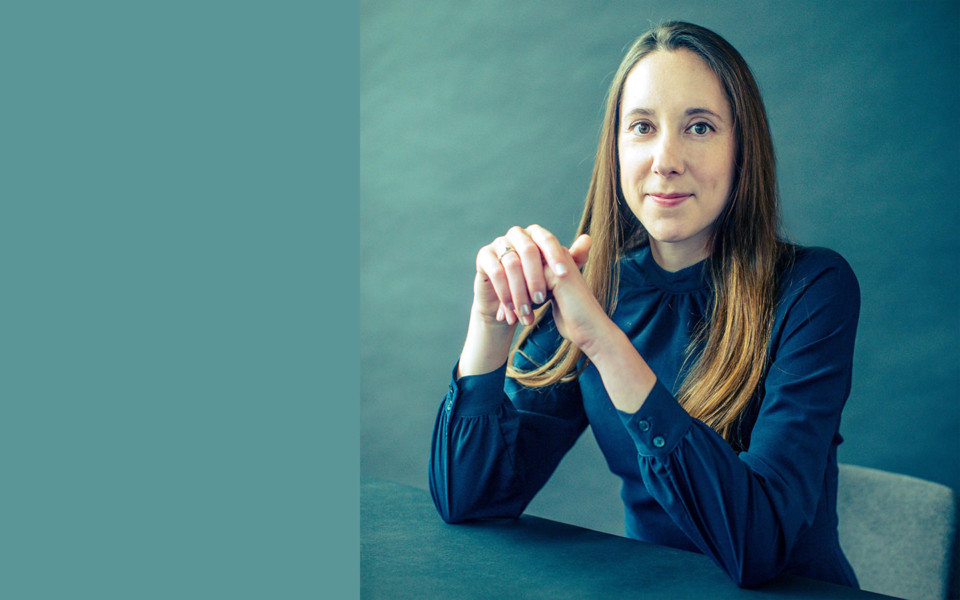Gene Hackers: The Young Biotech Entrepreneurs Looking To Make Billions By Editing Life Itself
When Rachel Haurwitz started her biology Ph.D. at the University of California, Berkeley, the award-winning biochemist Jennifer Doudna suggested Haurwitz investigate part of a bacterial immune system. She studied how microbes store genetic mementos of attacking viruses and recognize them to fight off future assaults. “It was an esoteric project,” Haurwitz says.
It’s esoteric no more. This system, called Crispr, has become one of the hottest technologies in biology, with the potential to give scientists control of the building blocks of life and give investors rich rewards. Crispr had no obvious relevance to human health when it was first described in 1987, but Doudna, who won the Breakthrough Prize in Life Sciences for her Crispr work, and other pioneers have discovered ways to turn it into a gene-editing tool. Haurwitz and Doudna helped found Caribou Biosciences in 2011 to get in on the action. Haurwitz, still in her 20s, became CEO the next year.
Haurwitz is not the only young entrepreneur who sees opportunity in gene editing. Doudna cofounded Mammoth Biosciences with some of her other doctoral students and two Stanford Ph.D.s. Trevor Martin, the company’s 30-year-old CEO, has raised $23 million from such investors as Apple CEO Tim Cook. In 2015, in Cambridge, Massachusetts, 29-year-old Luhan Yang founded eGenesis with her mentor, Harvard geneticist George Church, to use Crispr to help transplant pig organs into people. Omar Abudayyeh and Jonathan Gootenberg, also in their 20s, cofounded Sherlock Biosciences with another Crispr pioneer, 37-year-old Feng Zhang of the Broad Institute of MIT and Harvard.


